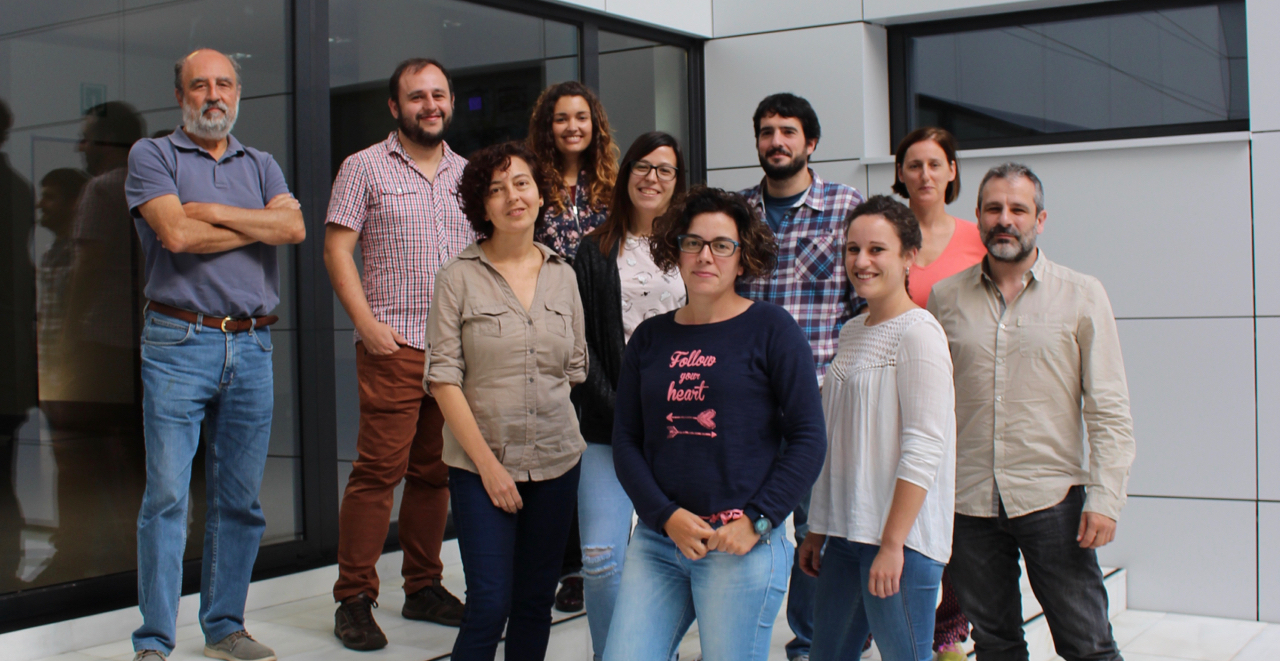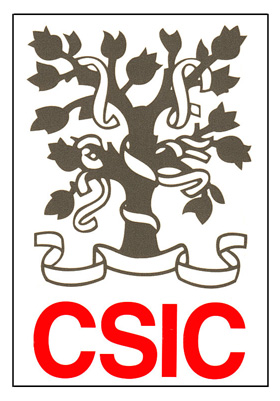Introduction
The Intergenomics Group is made up of around 15 researchers with a common general research focus on plasmid biology and bacterial conjugation. Other interests of this group are cyanobacteria and metabolic engineering. Among the members of the group there are experts in microbiology, bacterial genetics, bioinformatics, protein engineering, biochemistry, crystallography, and biocatalysis. This makes the Intergenomics group a powerful team that can work independently or in cooperation with other research groups.
Plasmids are circular DNA molecules that replicate independently of the chromosome. They contain some molecular mechanisms to ensure their stability and preservation through bacterial life cycle. Some genetic traits such as antibiotic resistance or pathogenicity mechanisms are supplied to the cell by these plasmids.
Bacterial conjugation is the transfer of plasmids between bacteria through direct cell-to-cell contact, using a type 4 secretion system. Discovered in 1946 by Lederberg and Tatum, conjugation is a widespread mechanism of horizontal gene transfer in bacteria, involving cell-to-cell contact. Conjugative plasmids transfer themselves among bacteria, thus being one of the main causal agents of the spread of antibiotic resistance among pathogenic bacteria.
Plasmid discovery and classification, mechanics of conjugation, selective inhibitors, and plasmid evolution on bacterial populations are some of our research interests. Also, we study and engineer the metabolism and genetics of cyanobacteria (Synechococcus spp) as it is an autotrophic factory for heterologous production.



